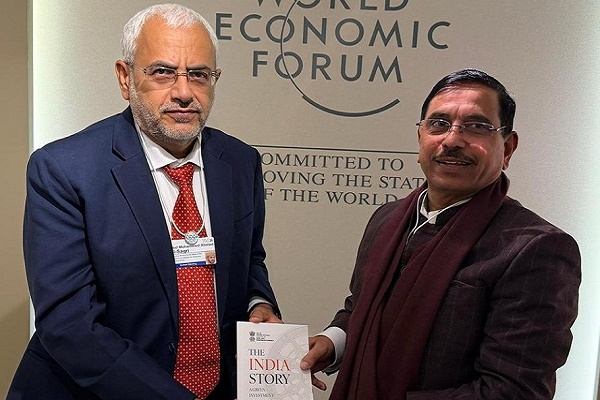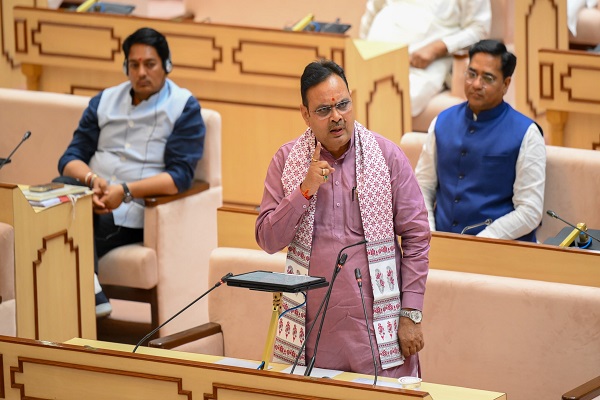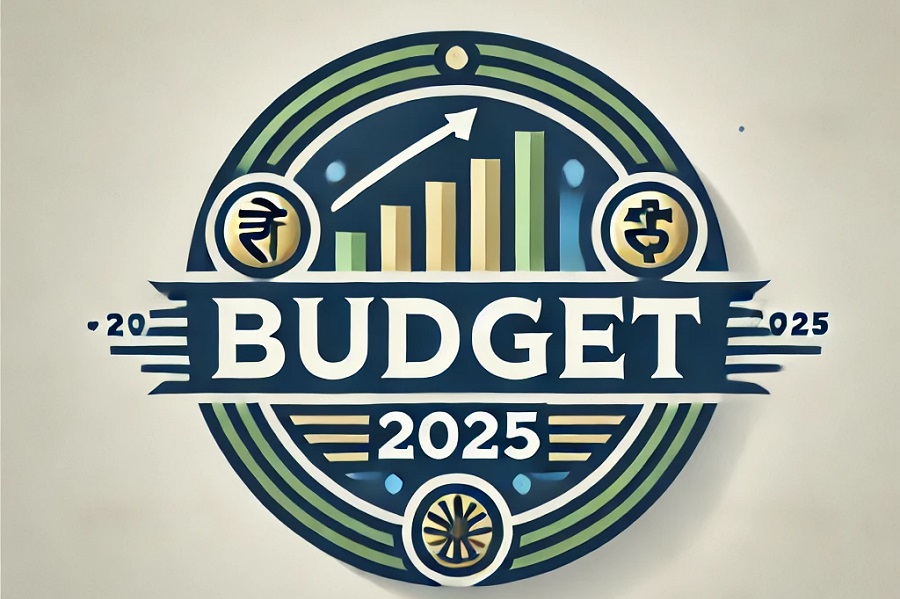Pre-Budget Quote on Finance sector by S Anand, Founder and CEO of PaySprint, a fintech venture

Below the Pre-Budget Quote on Finance sector by S Anand, Founder and CEO of PaySprint, a fintech venture
In 2024 alone, India processed over 12 billion UPI transactions monthly, a testament to the growing trust and adoption of digital financial tools across urban and rural landscapes. At PaySprint, with over 5,000 partners and a robust suite of API-driven solutions, we’ve witnessed firsthand how technology can empower businesses and drive financial inclusion. However, to sustain this momentum, we need supportive policies that bridge existing gaps and fuel the next wave of innovation.
One critical area for focus is enhancing the infrastructure for open banking and API-driven platforms. A recent study by BCG indicates that India’s fintech sector could contribute $200 billion to GDP by 2030, but achieving this requires interoperability, seamless integrations, and policies that encourage collaboration between banks, fintechs, and regulators. The budget could incentivize these efforts by promoting API standardization and allocating funding for ecosystem-wide development.
Financial inclusion must remain at the heart of this vision. While over 80% of Indian adults now have a bank account, thanks to initiatives like Jan Dhan Yojana, only about 23% of rural users actively engage in digital transactions. Bridging this gap requires targeted investments in digital literacy programs, internet infrastructure expansion in underserved regions, and subsidies for SMEs to adopt digital payment systems. Empowering small businesses is especially critical, as they contribute nearly 30% of India’s GDP and are key drivers of employment.
Additionally, the government has an opportunity to support fintech startups and RegTech innovations through tax relief and funding programs. According to NASSCOM, India is home to over 2,300 fintech startups, yet many face challenges in scaling due to high compliance costs and limited access to capital. Incentives for early-stage innovators could unleash a wave of transformative solutions in areas like fraud detection, automated compliance, and data security.
Lastly, cybersecurity and data privacy must remain a top priority. With digital payments surpassing ?20 lakh crore monthly, trust in secure platforms is non-negotiable. Budget provisions that establish national cybersecurity frameworks and offer grants for fintechs to invest in advanced data protection technologies will ensure that users can transact with confidence.
At PaySprint, we are committed to driving financial inclusion and delivering innovative solutions that simplify banking and payments for all. The 2025 Union Budget has the potential to catalyze the fintech sector’s growth, ensuring that India remains at the forefront of the global digital economy. Together, with the right policies and collective effort, we can build a more inclusive, secure, and prosperous future for millions of Indians."
Above views are of the author and not of the website kindly read disclaimer
























